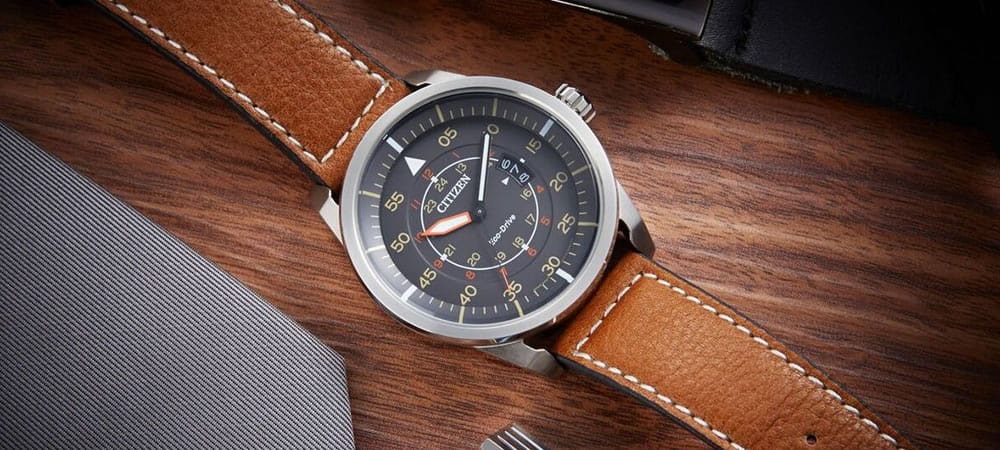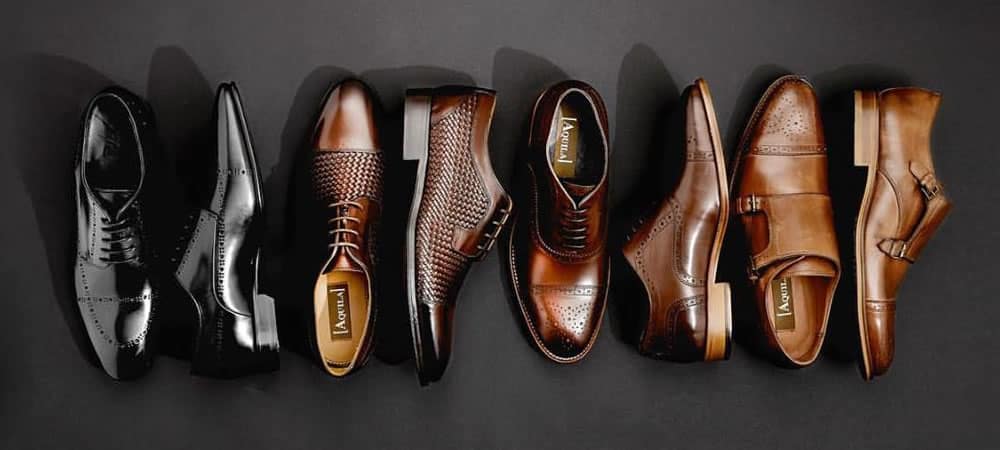Healthy life expectancy in decline
Feb 20, 2026The Best Japanese Watch Brands
- Nov 12, 2023
- 0 Comments
946

From cameras to cars, the West has often looked to the Land of the Rising Sun for innovation. And Japan’s mammoth watchmaking industry is no exception. Heck, even the Japanese whisky industry is currently trumping the Scots at their own game.
While Swiss watchmaking has built its name on heritage, skills honed over generations and jaw-dropping aesthetics above all else, Japanese watch brands focus on life-enhancing technology and function more than lavish design.
The country has given us the likes of the mighty G-Shock, with its suite of sophisticated features and indestructible cases, and more recently Japanese brand Citizen brought satellite technology to the table. No more checking your smartphone when your plane lands and fiddling with your watch to set the time – just press a single button and it does it all for you.
And let’s not forget the introduction of quartz watches. One of watchmaking’s biggest economic upheavals, quartz took hold in the 1970s and 1980s, and the rapidly growing global demand for cheap, mass-produced Japanese quartz watches nearly rendered Swiss mechanical watches redundant.
Since almost going the way of the dinosaurs, the horological old guard has wised up, recognizing their Eastern counterparts’ relentless innovation. Seiko and its Japanese brethren now rub shoulders with top Swiss watch names each year at the Baselworld watch fair, and as far back as 2009, the mighty TAG Heuer was even forced to admit it had based one of its movements – the Calibre 1887 – on a Seiko one, albeit in heavily modified form.
The Swiss may lay claim to classical watchmaking but Japan has long been the industry’s other superpower. Here, we take a look at four key Japanese watch brands, and the timepieces that put them on the map.
Seiko
Founded: Tokyo, 1881
Price range: £80-£40,000+
Known for: Made the first quartz watch; incredible value mechanicals; Swiss-beating Grand Seiko sub-brand
The original Japanese watch brand, Seiko started life as a jewelry shop in Tokyo’s Ginza district in 1881. The name Seikosha, though – roughly “house of exquisite workmanship” in Japanese – came 11 years later before eventually being abbreviated to Seiko in 1924.
A national pioneer, Seiko produced Japan’s first ever diver’s watch, the 6217, in 1965, quickly gaining a name for itself in water-ready wristwear. Roger Moore’s 007 strapped on several Seiko divers for his aquatic missions and more recently, the Seiko SKX007 has become a cult favorite for watch nerds who like a bargain.
Its most important milestone came in 1969 with the release of the Astron model, the world’s first commercially available quartz watch. Priced the same as a Toyota Corolla, the Astron changed the face of watchmaking with its new battery-driven, super-accurate movement.
Still a major player in the global watch game, Seiko hasn’t rested on its laurels since its early wins. The brand’s top-of-the-range, ultra-luxurious Grand Seiko models are giving Swiss watchmakers a run for their money.
Equipped with award-winning in-house movements, Grand Seiko watches are amongst the most accurate mechanical timepieces in the world, while their cases come gleaming from Seiko’s time-honoured zaratsu technique – a highly skilled method of polishing which involves applying a rotating tin plate to the case at a precise angle. Switzerland, watch your back.
Key Pieces
Casio
Founded: Tokyo, 1946
Price range: £20-£800
Known for: Multi-function digital watches; value for money
Child of the 1980s? Then you’ll probably remember Casio from using its calculator watches to cheat in maths tests. Or perhaps you’re more familiar with the G-Shock, the hulking Godzilla of a watch designed by employee Kikuo Ibe (now a revered company ambassador who tours the world promoting the G-Shock line) to have 10-meter dropping shock resistance, 10-bar water resistance and a 10-year battery life.
G-Shocks, which come in a staggering array of designs from hot pink to camo, can now be found on the wrists of outlandishly dressed Japanese teenagers, special ops soldiers and the best-dressed men in hip-hop, while Casio’s more conservative Edifice line – which boasts a wealth of tech including Bluetooth sync, smart crown access and world-time adjustment – appeals to the suits.
In 2014, the company introduced the first hybrid time-keeping system, which uses both Global Positioning System (GPS) and Casio’s Multi Band 6 technology to allow a G-Shock to receive radio signals for consistently precise timekeeping.
At Casio’s factories, staff are taught the importance of monozukuri, which translates as craftsmanship and spirit, so – despite the fact that its products are constructed by robots on a conveyor belt, rather than by the steady hand of an artisan watchmaker in a remote Swiss hamlet – Casio is still serious about the work that it does.
Key Pieces
Citizen
Founded: Tokyo, 1918
Price range: £100-£2,000
Known for: Industry-leading tech including Atomic Timekeeping and Eco-Drive
Rolling out affordable watches for almost a century, Citizen has made gigantic strides in quartz technology since its foundation in 1930. The brand’s celebrated Eco-Drive range includes watches that use natural or artificial light (absorbed through the dial) to power a battery that will never need replacing. And like Casio, it’s also released its own satellite-syncing watches (the Satellite Wave collection) – promising accuracy at the touch of a button no matter where you’ve just touched down.
Citizen’s main draw, though, is its broad spectrum of price points. Ranging from around £100 to £2000, the brand offers more models than you can shake a stick at. Whether you want an automatic chronograph, solar-powered military timepiece in khaki tones or a fuss-free dress watch, Citizen has you covered.
At 2018’s Baselworld watch fair Citizen introduced the Eco-Drive One, the world’s thinnest light-powered watch with a movement just 1mm thick. As elegant as any dress watch you’ll find, it proved the Japanese brand can be just as innovative as Seiko or Casio, and at a price point that’ll still undercut the Swiss.
Key Pieces
Orient
Founded: Tokyo, 1950
Price range: £30 – £2,000
Known for: Classic design; interesting mechanical movements; the occasional homage
At a mere 66 years old, Seiko Group subsidiary Orient is the baby of the ‘Big Four’ Japanese watch companies. Which is somewhat surprising since – seemingly reluctant to compete with Casio and Citizen for high-tech bragging rights – its focus is mechanical watches instead of quartz ones, while its output consists mostly of timepieces that are variations on its classic styles, rather than an army’s worth of kitted-out options.
The brand’s elegantly unfussy dress watches have the fifties feel, while its diving models – fit with brightly colored dials and steel bracelets – offer a more statement-making take on timeless style.
Key Pieces
Publisher: Source link







